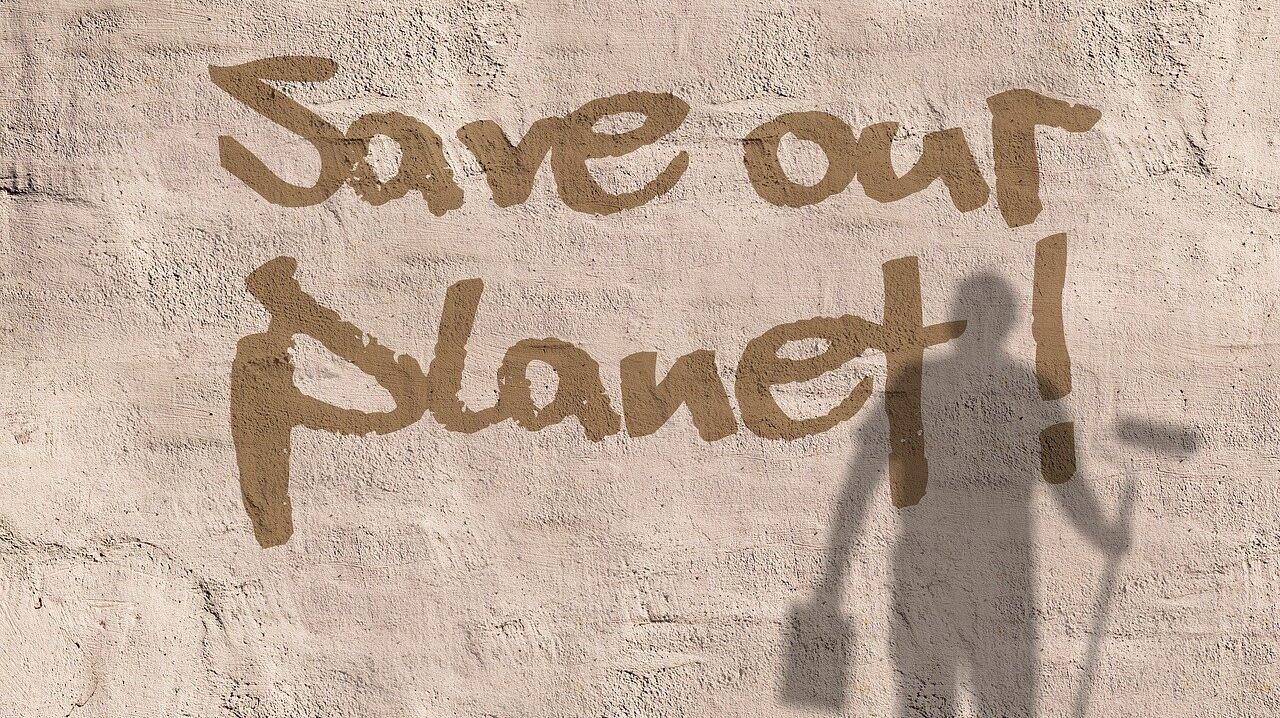 Finance & Economics
Finance & EconomicsInnovative financial solutions to fight energy poverty
Summary
Bulgaria is among the European countries most hard hit by energy poverty. Many of the building stock dates back to the Communist era, when electricity was cheap. The problem is that to be heated properly, these buildings should now undergo full and very expensive renovations, which are unaffordable for their tenants. In 2020, the European Commission already recommended the structural renovation of private and public buildings to address energy poverty. The real winners were once again gas companies which increased their profits, but they do not move us towards a fair and sustainable transition. Despite being more pronounced among the poorest countries and social classes, energy poverty
Bulgaria is far from being alone in facing these problems: two years ago, some 36 million Europeans were unable to keep their homes adequately warm, and in 2020, European Commission has already recommended structural renovation. And Bulgaria is not the only country where everybody works full-time and now exists absolutely in every country, but the pandemic in 2020 was the turning point.
Open full article
Innovative financial solutions to fight energy poverty
Social housing associations and EU projects are countering energy poverty with innovative financial schemes and “solidarity mechanisms”: “Buildings refurbishment benefits both the people and the Planet. Social and environmental fights go hand in hand”
After working all of his life as a sound technician for the Bulgarian state television, Emil is now retired. He lives in a 120 square meter house in Gorni Lozen, a village not far from Sofia, but only uses its ground floor and basement because he can’t afford to heat the whole of it. “I have a wood stove and some electric radiators, but I tend not to use them, because otherwise, once I have paid my electricity bill, I have no money left for filling my fridge,” he says. Unlike Emil, Mariana isn’t lucky enough to own the apartment she lives in with her two teenage sons. She is a teacher, but since her salary goes mostly for paying the rent, she has long given up switching the heating on. Lilly Stammler, a chief expert at Sofena, a Bulgarian ONG providing counselling and assistance on energy efficiency says: “From December to March, it is so cold in some parts of the country that every winter we register people dying from cold-related complications because they cannot heat their homes.”
“Before the energy crisis, more than one-third of the population suffered from energy poverty. No national statistics are officially available, but these figures might have significantly risen since,” says Stammler. Due to a combination of factors, together with Greece, Bulgaria is among the European countries most hard hit by energy poverty. “Even though the energy tariffs are largely guaranteed by the government, big segments of the population are economically weak.” Additionally, most of the building stock dates back to the Communist era, when electricity was cheap and energy efficiency still far from being an issue. “The problem is that to be heated properly, these buildings should now undergo full and very expensive renovations, which are unaffordable for their tenants,” adds Stammler. But Bulgaria is far from being alone in facing these problems: two years ago, some 36 million Europeans were unable to keep their homes adequately warm, and in 2020, the European Commission already recommended the “structural renovation of private and public buildings” to address energy poverty.
“When energy is expensive and buildings are not energy efficient, the first thing that low-income tenants do, is to switch the heating off,” says Paola Zerilli, coordinator of Super-I, a European project aimed at countering energy poverty through efficiency refurbishment in the social housing sector. “The goal of our actions is to help them cut their costs and improve their quality of life.” After gathering the technical and environmental data of several pilot buildings in Denmark, Slovenia, and Italy, the project’s experts suggest interventions like insulation and installation of solar panels and the most adapted schemes to fund them. “We analyse the local specificities, envisage different scenarios, and then calculate the required investment, the energy savings, and the financial benefits of each solution,” says Zerilli. Crucial in this strategy are public-private partnerships, allowing the financial risk of the social housing associations to be shared with energy service companies or financial institutions. “Their involvement makes the investment safer and the refurbishment easier, but the key thing is that they can benefit too.”
Fostering innovative financial solutions is also the aim of Aster, a company derived from a network of social housing associations, managing some 180 000 dwellings in Flanders. “When the war broke out in Ukraine and prices started soaring, we realised that there was a real urgency and we launched a new scheme aimed at countering energy poverty,” says its general manager, Sven Van Elst. The tenants of the buildings which can get equipped with solar panels make direct savings of about one-third on their energy bills. The others benefit from a kind of “solidarity mechanism”. “We take care of the installations ourselves and then invoice the housing associations just for the renewable energy that they consume,” he explains. “The rest, approximately 70% of the overall production, is fed into the grid and sold to commercial providers by the housing associations, which can then redistribute their profits to the tenants who don’t have access to the solar panels, in the form of reimbursements on the rent or the maintenance costs.”
The Bulgarian case confirms that one-time financial support is not an effective solution, says Diana Yordanova, communication director at the European Federation of Public Cooperatives and Social Housing Providers, Housing Europe. “To counter the energy crises, the government made some financial aid available, which for sure helped some families pay their bills, but it didn’t solve the problem in the long run. At the end of the day, the real winners were once again gas companies which increased their profits, but they don’t move us towards a fair and sustainable transition.” Despite being more pronounced among the poorest countries and social classes, energy poverty knows no borders. “The pandemic in 2020 was the turning point. We have realised since that it affects a growing number of households where everybody works full-time and now exists absolutely in every country, including the wealthiest ones, like Sweden or Switzerland,” adds Yordanova. Thus, to be more effective, it is first crucial to gain the trust of the affected citizens and help them acknowledge their difficulties. “In many languages other than English, being labelled as ‘energy poor’ is quite shameful. So many people refuse to admit their condition and just consider it as a side-effect of the economic trend.”
Experts agree that in light of the climate crisis and the current economic and geopolitical context, the situation is evolving very fast. Awareness is growing and, due also to the war in Ukraine and the rising inflation, energy poverty fully has entered the Brussels debate. Much is, for instance, expected from the revision of the European “Energy performance of buildings directive”, but Yordanova warns of possible ‘reno-victions’: the eviction of tenants from renovated buildings that they might no longer afford, once their refurbishment has increased their market value. However, interventions aimed at accelerating the switch to a more sustainable and energy-efficient model are urgently needed, says Stammler. “As soon as more Bulgarians have access to renewable energies, their condition will improve, but in the meantime, we can’t stop using wood stoves for heating or relying on other energy sources. It would be dramatic for a huge part of the population.” Countering energy poverty is not only a social urgency but also crucial for the Planet, stresses Zerilli. “We need to help people improve their quality of life, not only from a financial but also from an environmental point of view. The fight against energy poverty translates also into energy savings and lower CO2 emissions: these aspects go hand in hand.”



